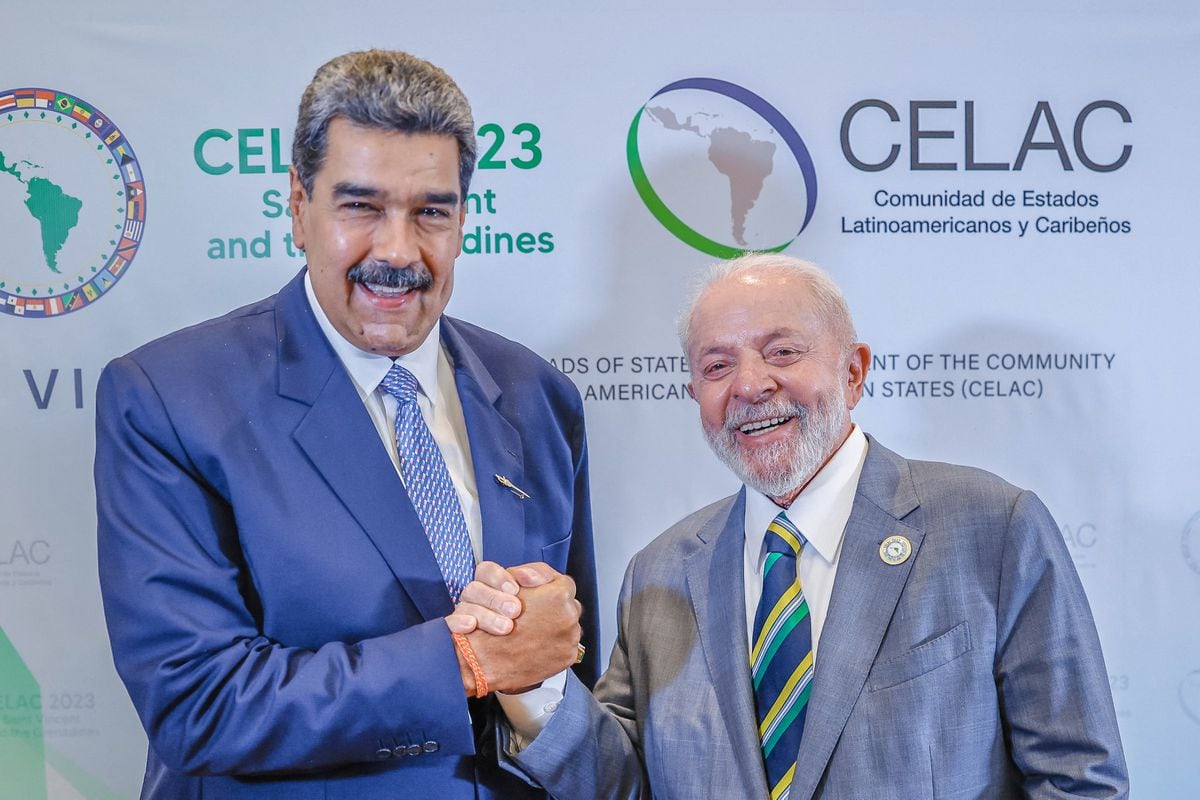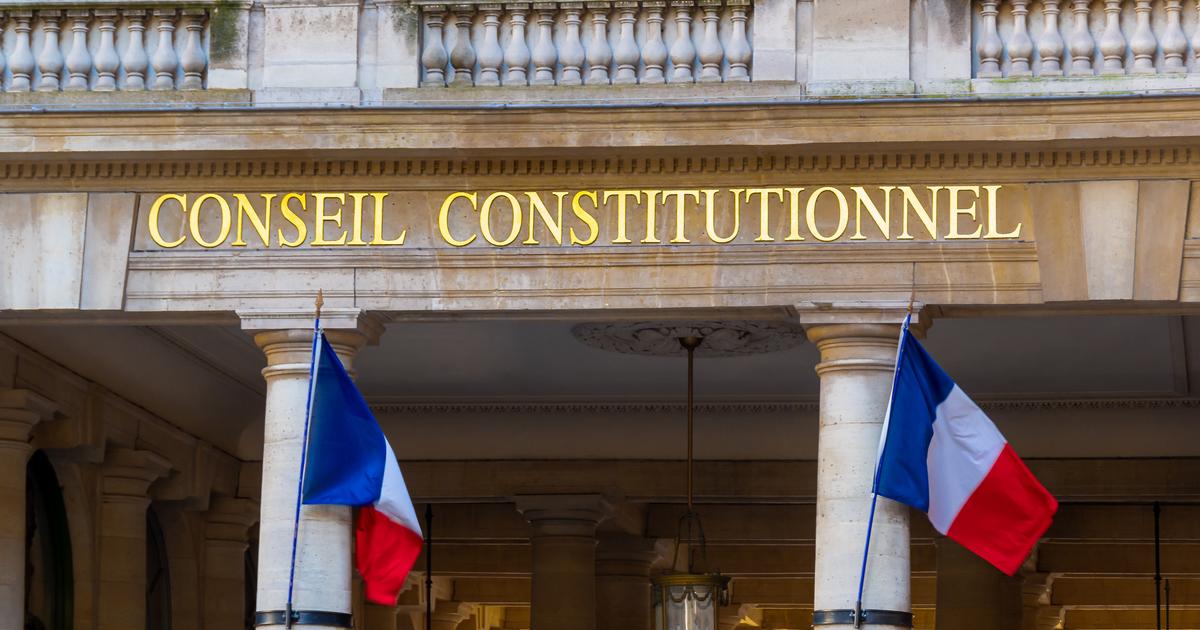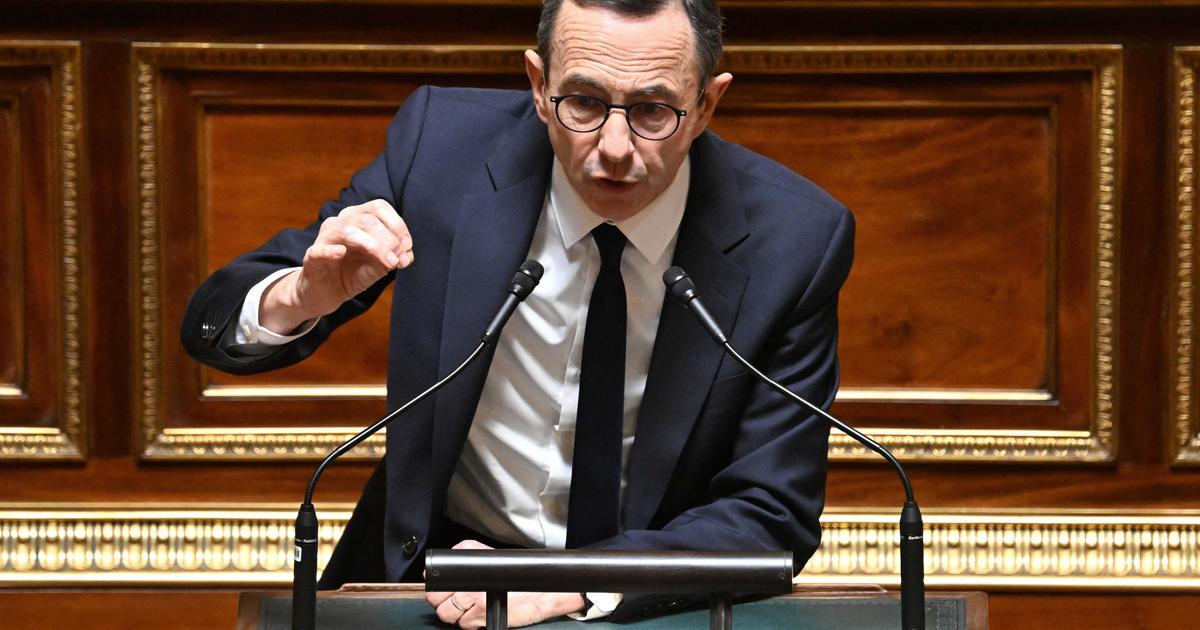What is at stake in the referendum taking place this Monday in Tunisia is less the result – the “yes” vote is widely favored according to observers – than the turnout, as the voters seem to be disinterested in the ballot.
It is however a crucial vote for this young democracy which opened the Arab Spring ball in 2011, then ousting President Zine el-Abidine Ben Ali from power.
Some 9.3 million voters (for a population of 12 million Tunisians) are indeed called upon to vote on the new Constitution, tailor-made for President Kaïs Saïed, 64 years old.
Particularity of the text: it confers on the “raïs” (president), former professor of constitutional law elected in 2019, considerable powers, at the same time lowering the role and weight of Parliament.
In addition, the Assembly of People's Representatives (ARP, Chamber of Deputies) will now have to reckon with a new Chamber of Regions.
A Constitution that could "open the way to a dictatorial regime"
Pivot of this project drafted by a commission of jurists and experts, but ultimately supervised directly by Kaïs Saïed himself: executive power is entirely vested in the president, who certainly appoints a head of government, but he appoints him and can revoke without going through Parliament.
Previously, in the democratic parenthesis since 2011, the Prime Minister came from or was chosen in agreement with the majority or most influential party in the Assembly, as is customary in a parliamentary system.
Some are now worried about the return to an ultra-presidential regime, or even the "dictatorship" of the Ben Ali era.
“There is an authoritarian drift: all powers will be in the hands of the president, who appoints the government.
The executive will not need the confidence of Parliament,” political scientist Hamadi Redissi told AFP.
Symbolically, moreover, the jurist placed at the head of the commission that worked on the new Constitution disavowed the text "revised" by Saïed, as submitted today to the referendum, judging that it could "open the way to a dictatorial regime.
The opposition rallies against the project
Opposition parties, standing against this project, have come together in a National Salvation Front (FSN) and called for a boycott of the referendum.
The most angry are the Islamists of the Ennahdha party, a sworn enemy of President Saïed whom they accuse of having perpetrated a "coup d'etat" a year ago.
Tunis, Friday July 22.
Demonstration against the referendum organized by Hamma al-Hammami (here in the center, in black), left-wing politician and former political prisoner under Ben Ali.
Reuters/Jihed Abidellaoui
Demonstrations even took place in Tunis, with cries of "Get out" as during the Arab Spring.
In fact, on July 25, 2021, the Head of State had "suspended" the work of Parliament and dismissed the Prime Minister, on the pretext of "saving" the country paralyzed by politico-economic blockages and plagued by the peaks of the Covid-19 pandemic.
serious economic crisis
Granting himself full powers, this populist with patriotic accents, had then legislated by decree, launched a vast anti-corruption plan, undermined the independence of justice and the bodies for the defense of public freedoms, before dissolving for good in March the Assembly – where Ennahdha held the largest number of seats (legislative elections are scheduled for December 17).
Although he appointed a woman, Najla Bouden, to the post of Prime Minister for the first time, he left her little room for manoeuvre.
The referendum campaign, rather discreet, hardly mobilized the Tunisians, confronted with a serious and interminable economic crisis.
Unemployment affects 40% of young people, and the country has 4 million poor people, one in three inhabitants.
In 2011, the revolution began with the immolation of a young fruit and vegetable seller from the city of Sidi Bouzid.
It is not today's constitutional referendum that will pull the country out of the economic slump.


/cloudfront-eu-central-1.images.arcpublishing.com/prisa/VMXSEROZRFLUO5THK6ZMQ2QGPA.jpg)

/cloudfront-eu-central-1.images.arcpublishing.com/prisa/NYNKKIEXBFHFFG6GV65QVUUAL4.jpg)

/cloudfront-eu-central-1.images.arcpublishing.com/prisa/OCS7V4Q6YKB6UMI76BXPPNGQJE.jpg)








